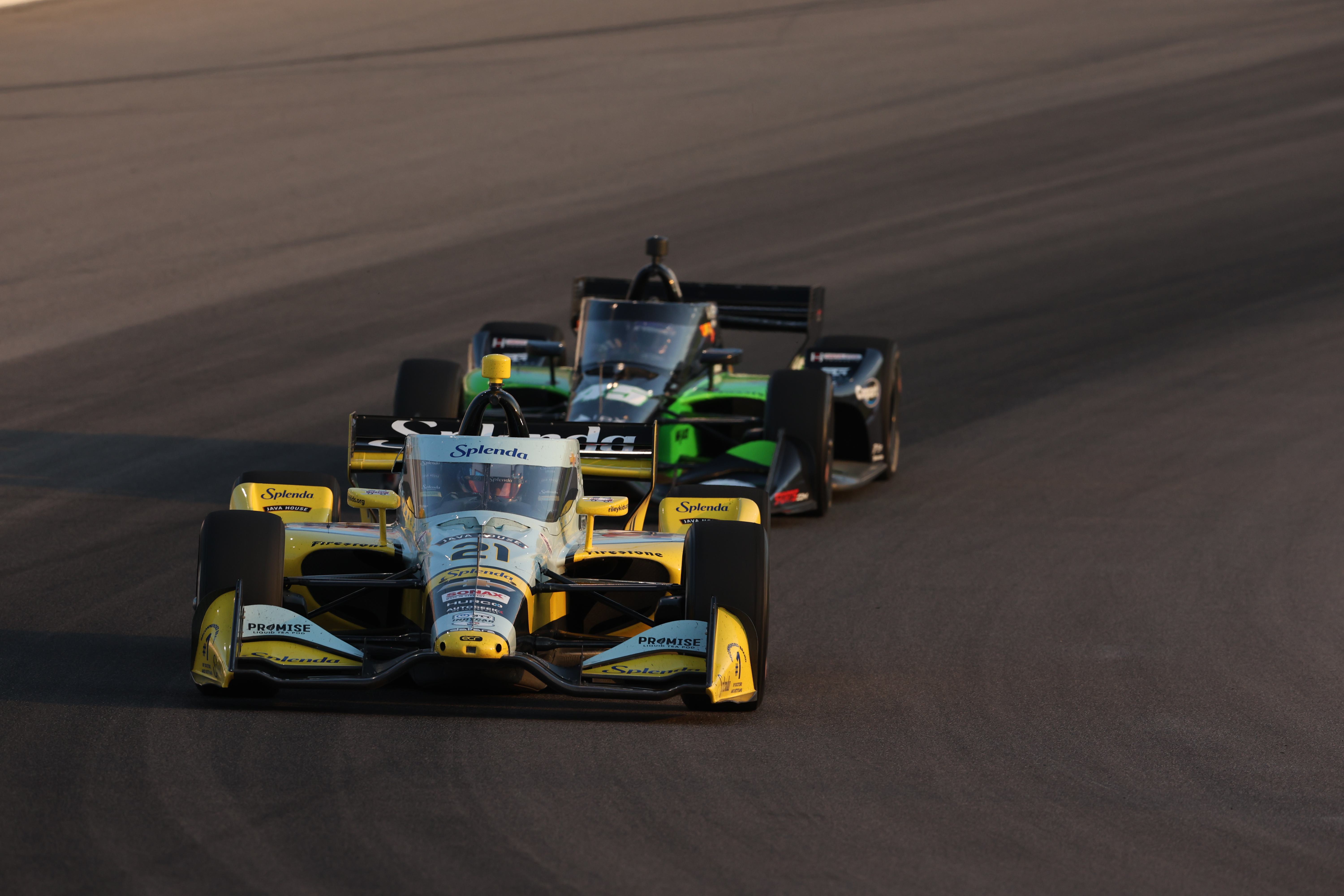The Psychology of Formula 1: Mental Health
- DIVEBOMB Motorsport
- Mar 16, 2022
- 3 min read
Written by Hafiz Akbar, edited by Harshi Vashee
Being an athlete is one of the most stressful jobs in the world. You are constantly pushed (or pushing yourself) to the very limit of human ability and either get credit (if you succeed) or get the stick (if you fail). Formula 1 is no different. The constant pressure to keep your seat safe for the season coming, or the need to keep a consistent performance, although you’ve been through a rough patch.
We’ll start with the most widely known aspect of psychology: mental health. Valentin Markser, founder of the Institute for Sports Psychiatry and the German Society for Sports Psychiatry and Psychotherapy, found that professional athletes were subject to “above average” levels of somatic, social, and mental stress (Markser, 2011), as the public’s scrutiny over them looms large. Although they experience mental strains similar to that of regular jobs, it is possible that their decline in health can be attributed to the engagement they have in the sport they play in, just as concussions can be related to the decline of their mental health, notably towards clinically diagnosed depression (Guskiewicz et al., 2007).
Now, after the theoreticals are out of the way, let’s dive into the real-world examples.

Take, for example, Charles Leclerc. A proven young talent with race wins under his belt and the holder of the longest contract in Scuderia Ferrari history. He commented once that racing in Monza for the Italian Grand Prix both has its upsides and downsides, with the former being the full support of the Tifosi and the latter being the rage of said Tifosi when you do not win the race. The public pressure, both on him and his team, Scuderia Ferrari, is immense as the public perceives that Scuderia Ferrari is not here to take third in the championship but to win the championship. He will try to cover the fact that he’s stressing over that pressure to the best of his ability and maybe, he succeeds in doing so. We might never know unless he opens up about it.

Another example can be taken in the form of Esteban Ocon. Another proven young talent who recently won a Grand Prix. When his former team, Force India, was forced into administration back in 2018, Canadian billionaire Lawrence Stroll bought the team and in turn, installed his son, Lance Stroll, in Esteban’s seat. Meanwhile, Esteban, without anywhere to go, is forced to go a year away from the paddock to wait for a team to come and give him a chance, rescuing him from his “involuntary sabbatical.” He described this period as one of the hardest times of his life but intended to make it back to Formula 1. Without the mental hardness, he most likely would’ve crumbled under the premise that he might never race in Formula 1 ever again. Chance does eventually come in the form of Renault Sport’s offer under the watchful eye of Cyril Abiteboul as team principal, who still saw the potential in Esteban. He is currently contracted up until 2024.
Now, the least that we can do, as fans, is to not add to the mental stresses they experience.
Follow DIVEBOMB on all our socials:
References
Guskiewicz, K.M., Marshall, S.W., Bailes, J., McCrea, M., Harding, H. Jr., Matthews, A., Mihalik, J.R., Cantu, R.C. (2007). Recurrent concussion and risk of depression in retired football players. MEDICINE AND SCIENCE IN SPORTS AND EXERCISE, 39 (6), 903-909. https://doi.org/10.1249/mss.0b013e3180383da5
Markser, V.Z. (2011). Sport psychiatry and psychotherapy. Mental strains and disorders in professional sports. Challenge and answer to societal changes. EUROPEAN ARCHIVES OF PSYCHIATRY AND CLINICAL NEUROSCIENCE, 261, 182-185. https://doi.org/10.1007/s00406-011-0239-x










Comments